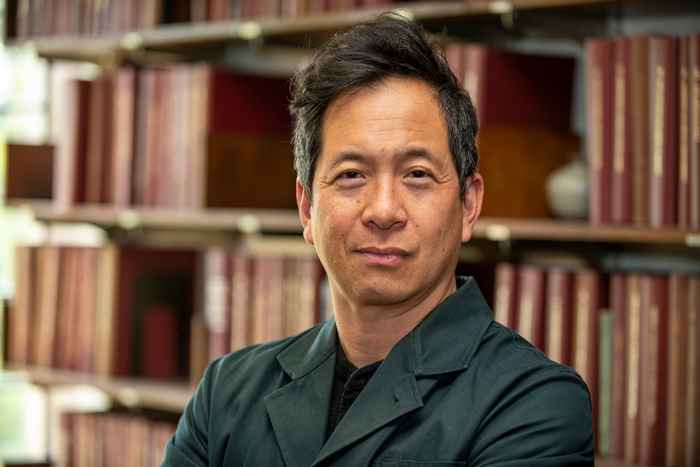Militarized Policing and the Imperial Boomerang in the US and Britain
AISSR lecture by Julian Go
- Date
- 17 October 2025
- Time
- 14:30 -16:00
- Room
- Music Hall

Militarized Policing and the Imperial Boomerang in the US and Britain
Today the police in the United States and Britain are heavily militarized forces wielding the same weaponry, operations, and tactics as armies. But this is not supposed to be. When the modern police were first created, they were meant to be non-militarized and peaceful “civil” police.
So, what explains this transformation? How and why did the police in liberal democracies become militarized?
As Julian Go will show in his upcoming AISSR lecture, the answer lies in imperialism past and present, and associated dynamics of racialization and colonial conquest.
Aftertalk
After his lecture, Julian will have an aftertalk with one of our AISSR researchers (tba).
Drinks
Afterwards, there will be time to chat and ask questions over drinks and snacks in CREA Café, from 16:00.
This lecture is open to everyone interested in fundamental questions in the social sciences: bachelor and master students, colleagues from inside and outside the UvA and AISSR, and anyone curious to learn more.
About Julian Go
Julian Go is a Professor of Sociology at the University of Chicago, where he studies the social dynamics and legacies of empires and colonialism, as well as postcolonial/decolonial theory, social theory, and global historical sociology.
Much of his scholarship centers on the U.S. empire, with major works including The American Colonial State in the Philippines (2003), American Empire and the Politics of Meaning (2008), and Patterns of Empire (2011). He has also advanced postcolonial and social theory (Postcolonial Thought and Social Theory, 2016) and global/transnational sociology (Fielding Transnationalism, 2016; Global Historical Sociology, 2016).
His recent book, Policing Empires (2023), examines how imperialism shaped police militarization in Britain and the U.S. He is also developing a project on anticolonial thought as critical social theory.
Go’s work has received numerous awards across sociology, political science, and international studies, including the ASA’s Lewis A. Coser Award. In 2021–2022, he served as President of the Social Science History Association.
